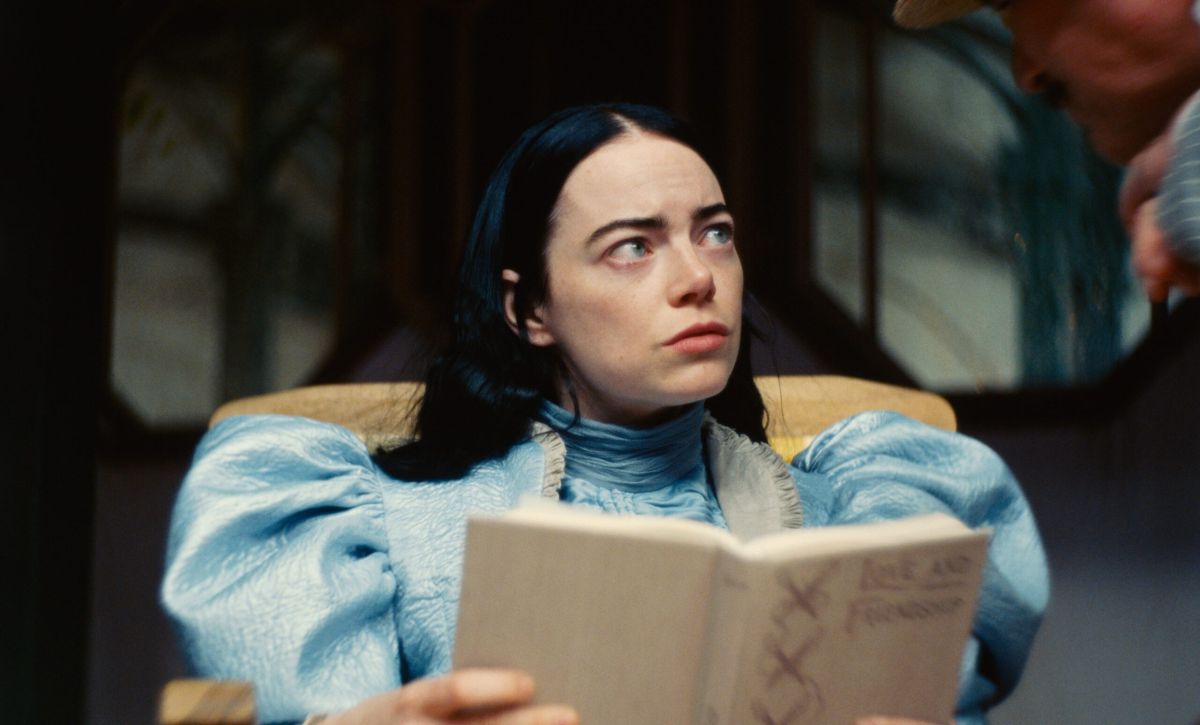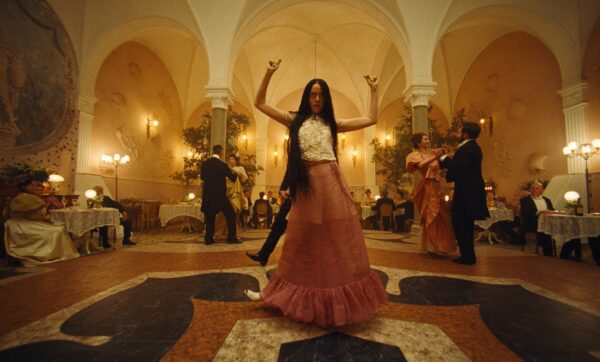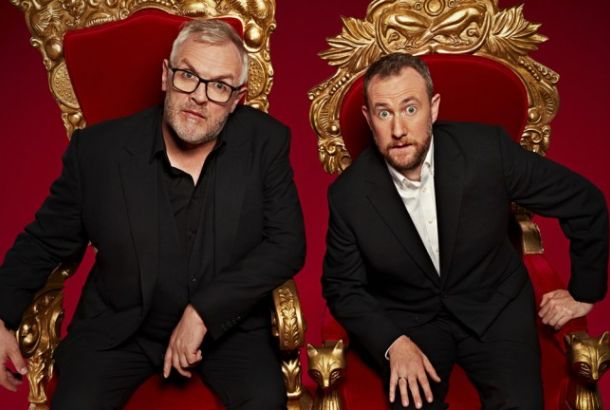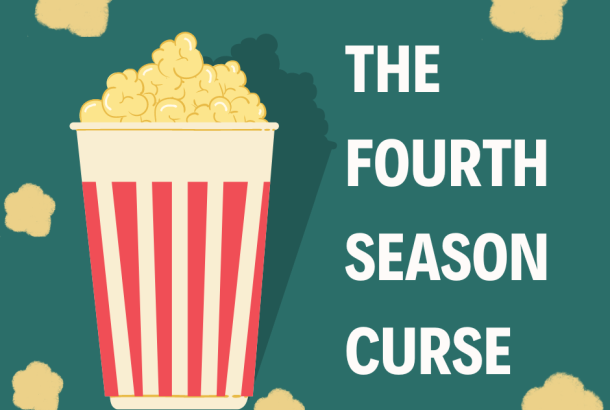Poor Things review: Award-winningly outrageous
By Belle Lewes

Yorgos Lanthimos’ latest work, Poor Things, adapted from the 1992 Alasdair Gray novel, hit the big screen this January. So far it’s been hailed as one of the top ten films of the year by the American Film Institute, nominated in 11 categories at the BAFTAs, and has already won two Golden Globes. Why? It innovates the coming-of-age genre into a cinematic experience that cannot be replicated. Poor Things is for anybody who enjoys gothic, experimental fashion, or simply a journey through the mind of a genius.
More a piece of art than a typical story, Max McCandles (Ramy Youssef) becomes an assistant to the deformed and Frankenstein-esque Godwin Baxter (Willem Dafoe), an experimental pioneer of surgery in Victorian London, and is introduced to his most prized experiment, Bella Baxter (Emma Stone). Bella has the developing brain of a child and the body of an adult female. When tasked to monitor her development in speaking, movement, consumption, and all other aspects of human life, Max falls in love.
Bella’s gaze upon the world, as we would expect from a developing brain, is insolent, inquisitive, and egocentric. When offered to explore beyond the walls of her experimental prison of a home, she leaps at the chance and embarks on a journey side by side with the lust-fuelled, eccentric lawyer Duncan Wedderburn (Mark Ruffalo).
Stone’s acting is impeccable, using not only her expressions and line delivery, but her entire body, her hair, her stance within her clothes, her hands, her gait, and her varied diction. Through this total bodily transformation, Stone disappears behind the character of Bella, developing from using pidgin English for communication, moving with an awkward rigidity, into an elegant and autonomous Victorian female.
The plot sounds odd – a coming-of-age story, within a retelling of Frankenstein’s monster, but conceptualised through female suicide and an extremely poignant desire for abortion. Yet somehow the certainty of this storyline is what allows for such wild experimentation in every other aspect of this cinematic experience. The basic storyline is by far the least ‘odd’ aspect of Lanthimos’ picture.
The Exploration of Nature and Nurture

Bella’s relationship with Godwin, or ‘God’ as she calls him, is complex yet paternal, bound together through their victimhood to scientific exploitation, yet both becoming medical students despite their agonising ‘childhoods’.
Despite the comedic tone in the way Bella fights with ‘God’, performing as a petulant child in the body of an esteemed adult female, there is a tender message to note about nurture. While Godwin only created Bella for experimentation, he cares for her like his own child, and Bella loves ‘God’ despite his physical deformities. He is her creator, but also protector, father, educator, and provider, even if only for scientific pursuit.
Is it exploitative?
As well as its distinct twist on the coming-of-age genre, this film cannot be spoken about without addressing its eroticism. Duncan, our sensual lawyer, embarks on a sexual relationship with Bella, which is somewhat perverse due to her childlike countenance and naivety to the socialised meaning of sex.
Poor Things has received criticism for ‘romanticising’ the sexual exploitation of minors and the vulnerable, but I feel that a key theme for the film is Bella’s progression in recognising her sexual exploitation – both in her prostitution and her relations with Duncan. Sexuality is certainly one of the factors that speeds up Bella’s development, but so does her discovery of empathy; the existential depression that she feels when learning of the vast wealth gaps, educational inequalities, and even (albeit not wholly) racism and homophobia in society were equally formative.
So yes, the film centres around the power of sex and lust, and next to nothing is obscured or left to the imagination. But much like the rest of Poor Things, it is important to note that Bella’s sexual experiences and life pathways are not meant to be considered as realistic.
Why you should watch it

The entire film is meant to be abstract from reality, it is meant to be incomprehensible in parts, and it is clearly not representative of real Victorian society. Bella’s naïve aspiration to solve poverty, as well as her incomprehension of racism and female subjugation, should not be taken as insensitive, but as an illustration of her childish ignorance.
Bella does not exist in reality, instead, she interacts with real aspects of human nature and society, through the abstract lens of steam-punk fashion, art deco architecture, and multimedia natural landscapes. Poor Things is artistically wonderful: filmed in distorted lenses, using scenery that is reminiscent of moving theatrical set designs, implementing phallic imagery into every space and prop.
The costume and styling of Poor Things are also fantastic: Bella’s costumes combines Victorian dresswear with the steam-punk aesthetic, producing her as experimental, walking art. Similarly, Godwin’s disfigurements and scarring draws on concepts of ‘the elephant man’, but elaborates them with Lanthimos’ unique scientific fantasy.
Poor Things is for someone who enjoys the artistry of film, the gothic, sexual experimentalism, and a perverse exploration of human nature. It’s not one that everyone will enjoy, perhaps a ‘love it or hate it’, but certainly genius, innovative, and unapologetically experimental.







